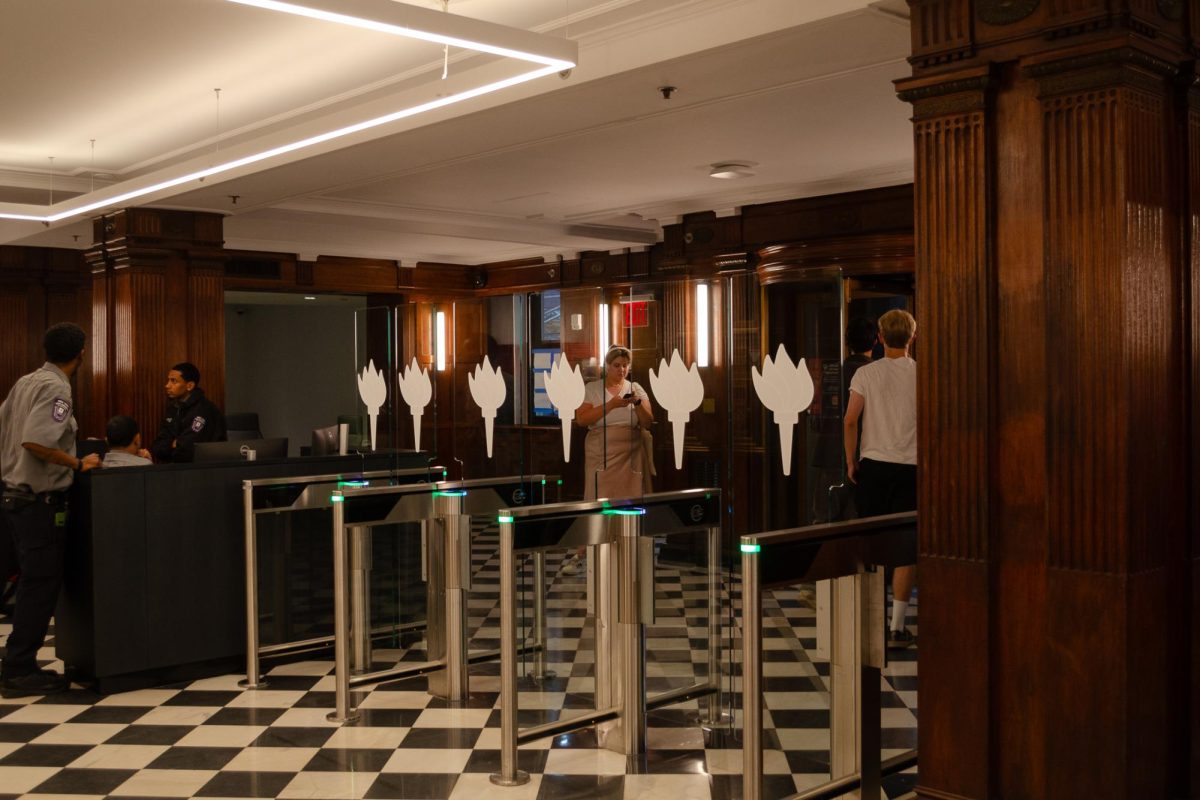NYU reopened Rubin Hall ahead of the fall semester following a 15-month renovation period, equipping the first-year residence hall with air conditioning, new windows and updated student study spaces in an effort to improve students’ comfort and meet sustainability goals.
The cost of living at the residence hall, which has historically been NYU’s most affordable option for first-year housing, is now over $2,000 more than it had been in previous years, matching that of other first-year dorms. The renovations are projected to decrease Rubin’s energy and water use both by 54 percent and its fossil fuel usage by 100 percent — in line with NYU’s commitment to fossil fuel divestment and climate neutrality.
Annika Kumar, a first-year Rubin resident, said she appreciates the hall’s cleanliness and available facilities for students, including resident lounges and smaller study rooms.
“I remember when we got assigned, no one knew what it would look like, so my friends were like, ‘Oh my God, you got Rubin. That sucks,’” Kumar said. “Now, they’re really jealous of it, because I think it’s a lot better than what people were expecting.”
Carol Ourivio, the associate director of internal communications, told WSN Rubin Hall’s lack of air conditioning prior to the renovations would have become a larger issue as the average temperature in New York is projected to rise. She said the university prioritized students’ comfort and health in its renovations “first and foremost,” adding that improved energy usage was the university’s secondary motivator for the makeover. Ourivio said Rubin’s renovations were part of a larger initiative to revamp each dormitory — which began with Brittany Hall in 2013 — to be more sustainable.
“Achieving NYU’s climate goals will take more than just renovating Rubin Hall,” Ourivio said in a statement. “The university has committed to becoming climate neutral by the year 2040, and adjusting our living, study and work spaces is a key part of it.”
Amid the renovations, the university sought to preserve the residence hall’s architecture, which NYU purchased in 1964 and New York City landmarked in 1969. Ourivio said that excluding window replacements, the exterior has remained “virtually unchanged.”
Contact Rory Lustberg at [email protected].






















































































































































